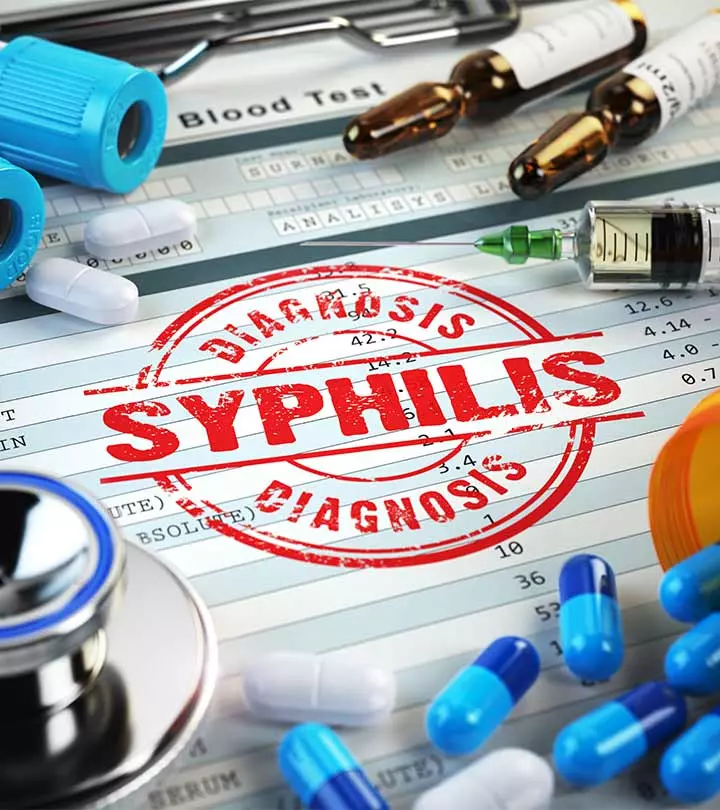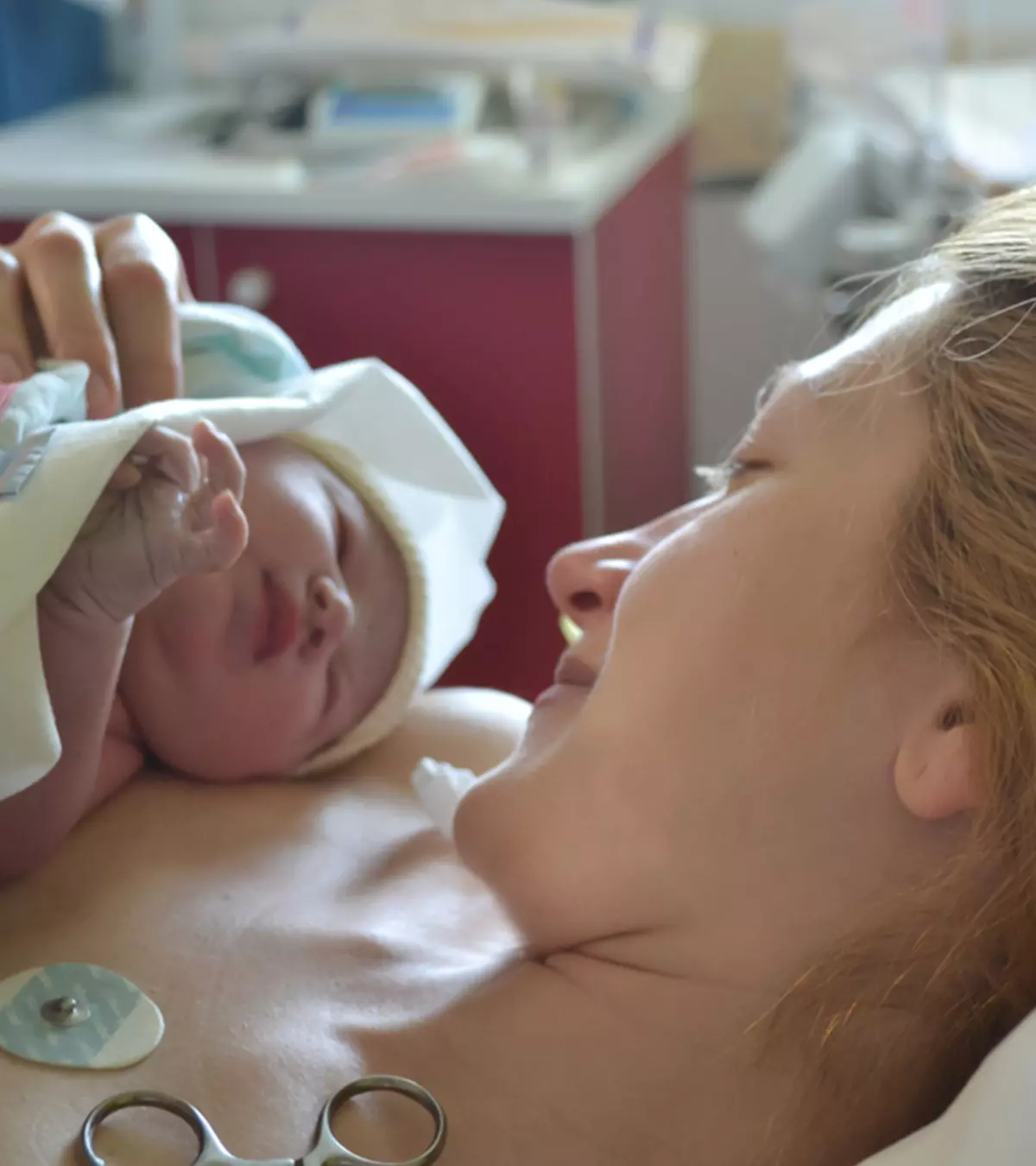

Image: iStock
There has been an alarming rise in babies born with syphilis in the US in times. In fact, sexually transmitted infections (STIs) are at an all-time high in the US with a significant rise in cases of congenital syphilis. The prompt rise in congenital syphilis has been attributed to a dearth of prenatal care.

Given that syphilis had almost disappeared by 2000, this new spike in syphilis cases can be quite a concern.
There are more number of women who are of reproductive age and are being affected by sexually transmitted infections, which results in a higher rate of syphilis among neonatals. This public health issue has become worrisome with statistics coming from the Centers for Disease Control (CDC).
According to the CDC, between 2014 and 2015, the syphilis rates has gone up by 27%. Congenital syphilis has risen by six percent. Data from 2016 shows a continuity of the trend with 21% increase in syphilis in women and a four percent rise in congenital syphilis.
What’s worse is that syphilis often goes undiagnosed. Several women might go to the hospital for birthing with no prenatal care or being aware that they had contracted syphilis. These women will naturally pass the infection to the newborn child. Such lack of awareness and prenatal care has worsened the public health issue, especially in regions such as the Central Valley (California). These areas primarily have low-income and agricultural inhabitants who have a little access to general and reproductive health care.
Amidst the concerns with the new presidential regime in the US, people fear that the President or his party could impede the healthcare prevention programs. If this did happen then this public health crisis will only worsen. We need to understand that most of these infections are associated with organizations that help one with planned parenthood and the Affordable Care Act.
The global incidence of syphilis in pregnancy as of 2012 was 371,000. An estimated 96% of maternal syphilis infections was reported worldwide of which 98% of the worst affected were those from the low and middle-income countries. Between 2008 and 2012, maternal syphilis infection and their adverse outcomes dropped by 35.3%.
The adverse outcomes of maternal syphilis include fetal deaths or stillbirths, which were recorded at 151,000 global estimates as of 2012. The neonatal deaths were 65,000 worldwide, and preterm or low birth weight was estimated at 46,000 worldwide in 2012. In India alone, an estimated 103,960 women turned up positive to syphilis, with 53,187 showing adverse outcomes due to syphilis in 2012.
Congenital syphilis is however easily preventable and treatable. It will require screening of pregnant women and giving them adequate treatment. If a pregnant woman is positive for syphilis, at least one dose of benzathine penicillin in 2.4 million IU must be administered intramuscularly, and the patient must be followed up frequently.
There is an urgent need for spreading awareness, educating and testing women of the infection. One live example is that of Louisiana, US. It had the highest rates of syphilis there, but is gradually declining owing to raising public awareness, public health officials expanding testing site in association with CDC, educating doctors on treating patients with STIs, and passing legislation mandating testing for syphilis twice in pregnancy.
Since prevention is better than cure, it would be wise that more and more pregnant women are given the access to prenatal care and test/be treated for syphilis.
Community Experiences
Join the conversation and become a part of our nurturing community! Share your stories, experiences, and insights to connect with fellow parents.












